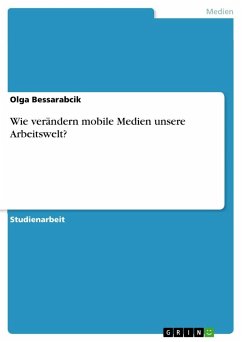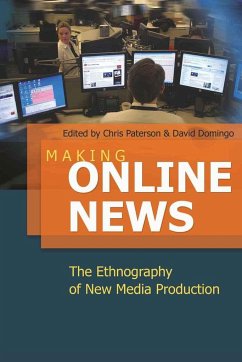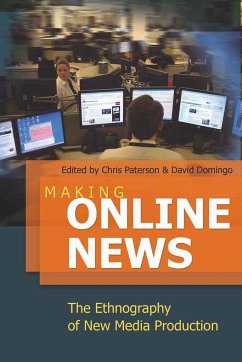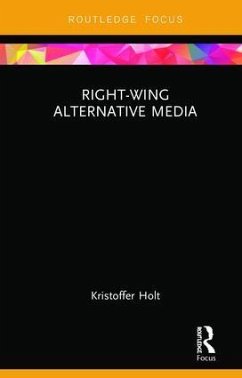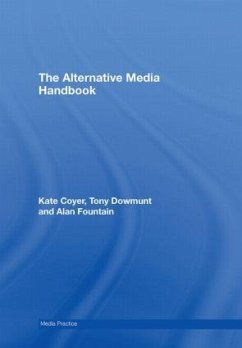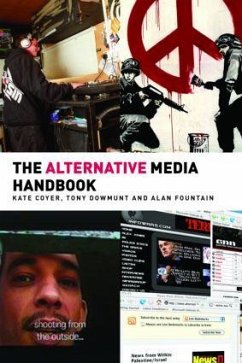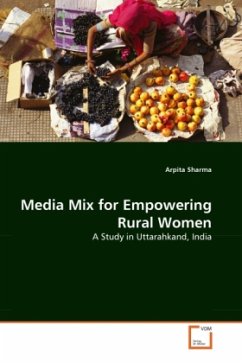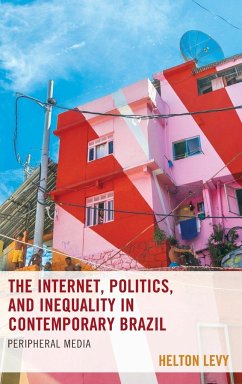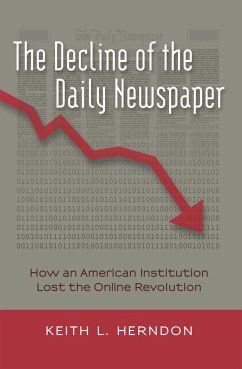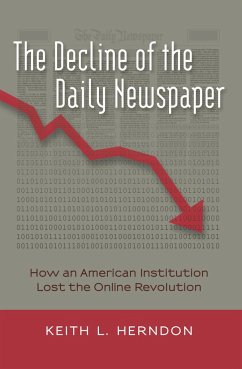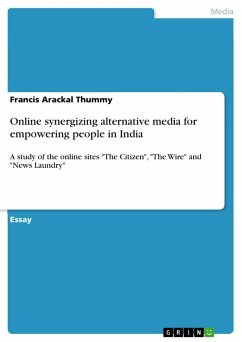
Online synergizing alternative media for empowering people in India
A study of the online sites "The Citizen", "The Wire" and "News Laundry"

PAYBACK Punkte
0 °P sammeln!
Essay from the year 2017 in the subject Communications - Multimedia, Internet, New Technologies, , language: English, abstract: This paper analyses three examples of alternative media in India. These are "The Citizen", "The Wire" and "News Laundry". The main task is to show the advantages and limitations of alternative media compared with mainstream media.Historically and conceptually the roots of media go back to the prophetic times and prophetic mission respectively. The prophetic times were a difficult period in the history of Israel. At that time the prophets were charged with a message to...
Essay from the year 2017 in the subject Communications - Multimedia, Internet, New Technologies, , language: English, abstract: This paper analyses three examples of alternative media in India. These are "The Citizen", "The Wire" and "News Laundry". The main task is to show the advantages and limitations of alternative media compared with mainstream media.Historically and conceptually the roots of media go back to the prophetic times and prophetic mission respectively. The prophetic times were a difficult period in the history of Israel. At that time the prophets were charged with a message to communicate. The prophetic role had a social dimension; it wasn't purely a personal religious experience. On the one hand the prophets belonged as a religious model in the king's entourage but on the other they did not refrain from castigating the ruler for their misdeeds often by pointed parables. They also performed their role as critics of the Israelite society. Prophetic castigation andcriticism was to empower the ruler and the society and not to pull the ruler down and leave the society in tatters. Thus it was a very positive role. Historically and conceptually has the role of media been any different? Should the role of media today be any different? But the concern the world over regarding mainstream media today is its big fall from genuine and even limited expectations. The concern of failure of not living up to the expectations of media's role was there even in the age of the old media. Therefore the need for an alternative media was very much felt. This need was partly taken care of by Non-Governmental Organizations, their affiliates, and other cultural, religious, and social organizations. But there were limitations imposed by various factors such as scarcity of resources, state and government interferences and regulations. The post-truth nature of our world has influenced today's mainstream media very badly. Thankfully, the age of the internet has facilitated to some extent to overcome the drawbacks of the mainstream media and provide an alternative forum. The present contribution is focused on how the online has synergized an alternative media that might empower the people in terms of information gathering and information dissemination. For, today information is power.




